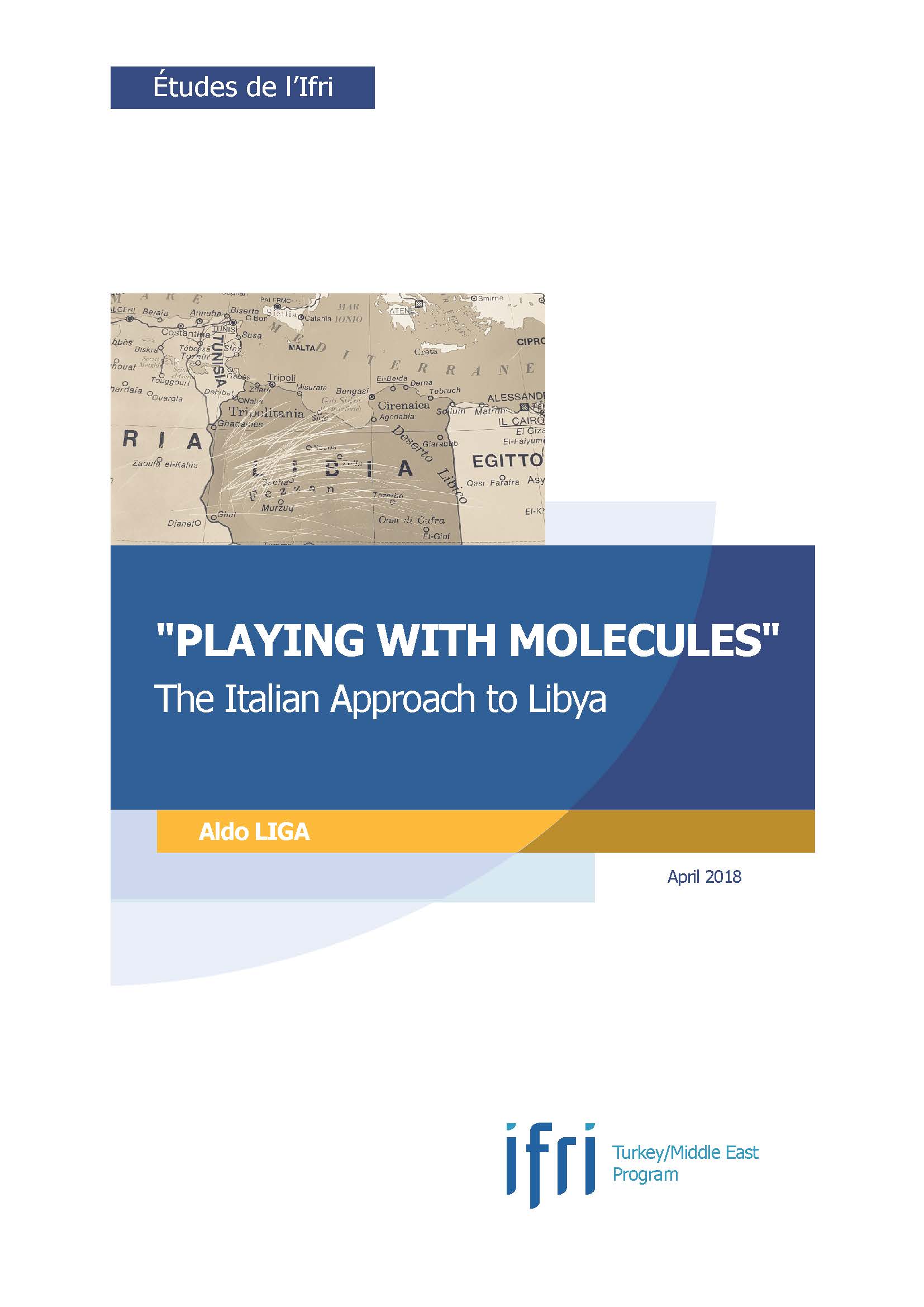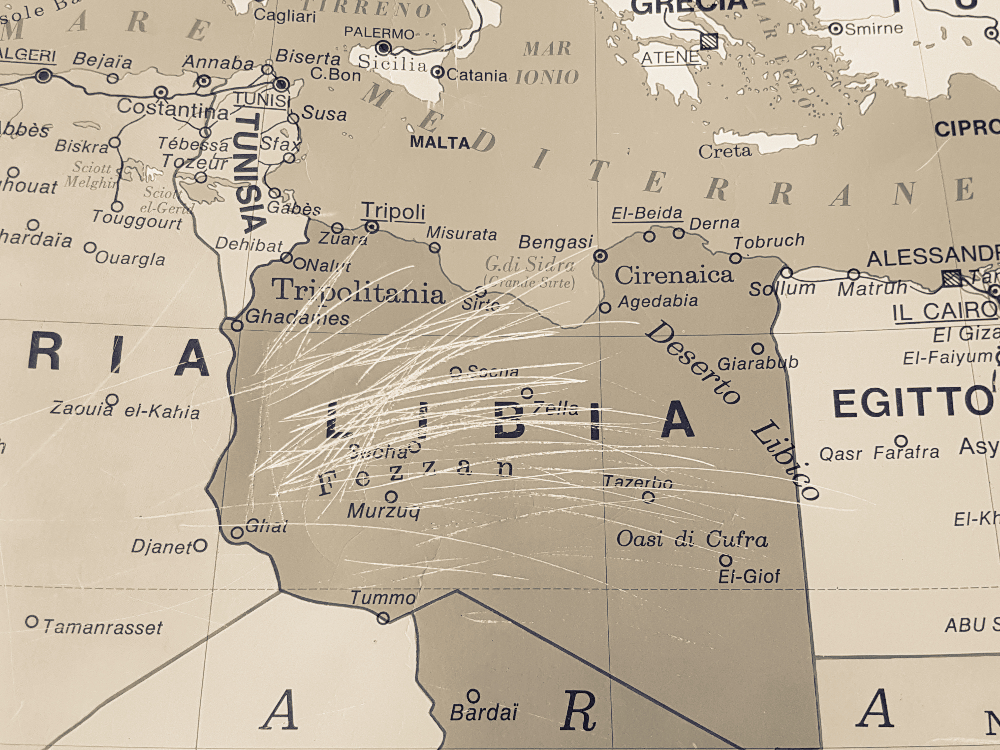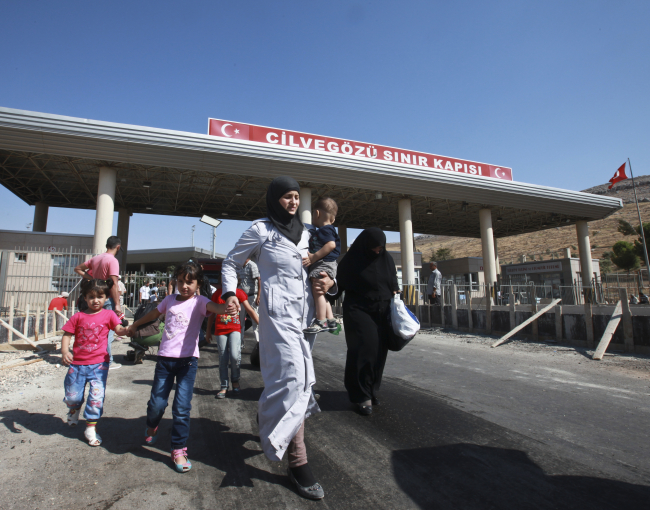"Playing with Molecules": The Italian Approach to Libya

This paper aims to analyse the many ways in which Italy is trying to play with the many Libyan “molecules”, the different parties of a fragmented and collapsing country, and the possible implications of the strategy adopted by the Gentiloni government and its Minister of Interior, Marco Minniti, towards the country and the migratory crisis.

Rome engaged a patient strategy of “mending” with the two main national actors and with a plethora of local players, tribes, municipalities, city-states, and militias struggling in the quest for power. For Italy, a stable Libya is crucial to manage the flow of migrants leaving the country and crossing the Strait of Sicily, to ensure energy provisions, and to manage licit and illicit economic activities in the Mediterranean. Trying to assess the resilience of this strategy is of the utmost importance in order to have a measure of which kind of responsibility Rome assumed over the past two years and what kind of accountability would be inherited by the incoming government. Indeed, the “molecular” approach carried out by the Gentiloni Government in the country should be viewed as a double-edged strategy: while the migration flow dramatically shrank over the past months, economic relations recover and informal cooperation forges new spaces for dialogue, promoting ambiguous players, without a comprehensive approach and a clear political vision, could undermine prospects for peace in the country, Italian national interests and the future of Italy-Libya relations.

Available in:
Regions and themes
ISBN / ISSN
Share
Download the full analysis
This page contains only a summary of our work. If you would like to have access to all the information from our research on the subject, you can download the full version in PDF format.
"Playing with Molecules": The Italian Approach to Libya
Related centers and programs
Discover our other research centers and programsFind out more
Discover all our analysesRussia, the Palestinians and Gaza: Adjustments after October 7th
The Soviet Union (USSR), and subsequently the Russian Federation as its internationally recognized legal successor, has consistently sought to play a visible role in efforts to resolve the Israeli-Palestinian conflict.
Canada’s Recognition of a Palestinian State: What Consequences on its Foreign Policy Toward Palestine?
On September 21, 2025, Canada became the 148th of 157 countries to recognize Palestine as a state. It did this with the United Kingdom (UK) and Australia, defying the United States (US) and Israeli opposition.
How to Jumpstart Economic Recovery in Syria? The role of syrian entrepreneurs in Turkey
This report examines the potential role of Syrian-partnered companies operating in Türkiye in supporting economic recovery and reconstruction efforts in Syria. Based on data collected through field research and surveys conducted by the Economic Policy Research Foundation of Türkiye (TEPAV), the report provides an overview of the business characteristics, sectoral distribution, and cross-border economic activities of Syrian entrepreneurs. The report explores how this business activity could contribute to restoring supply chains, stimulating local production, and generating employment.
Indonesia and the Palestinian Cause
During his inaugural presidential speech on October 20, 2024, Indonesia’s incumbent president, Prabowo Subianto, iterated certain principles central to the philosophical foundation of the Indonesian nation. He noted Indonesia’s longstanding foreign policy of non-alignment or “bebas dan aktif” (free and active) and its aversion to military pacts.










